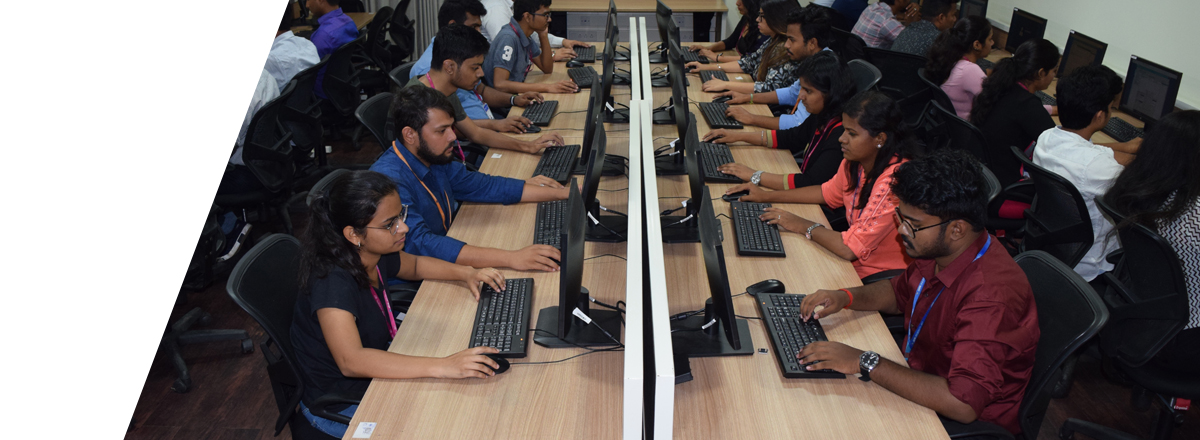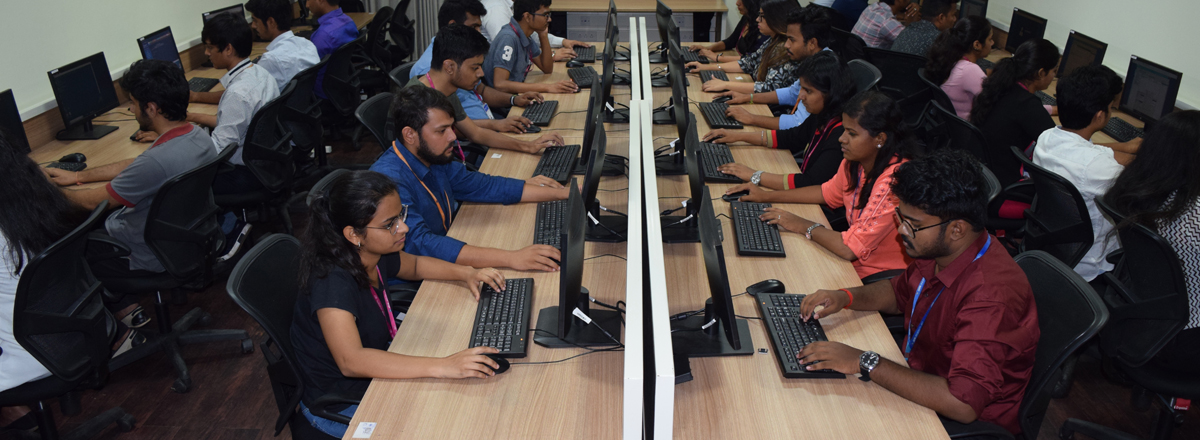Computer Science Engineering


Computer Science Engineering


A student who has passed 10+2 examination (level 4.0) with Physics and Mathematics as mandatory courses, along with one of the following: Chemistry / Computer Science / Electronics / Information Technology / Biology / Informatics Practices / Biotechnology / Technical Vocational subject / Agriculture / Engineering Graphics / Business Studies / Entrepreneurship, shall be eligible for admission to B.Tech. programmes. Obtained at least 45% marks (40% marks in case of candidates belonging to reserved category) in the above subjects taken together.
OR
Passed D.Voc. Stream in the same or allied sector.
(The University will offer bridge courses in Physics and Mathematics, along with Chemistry / Computer Science / Electronics / Information Technology / Biology / Informatics Practices / Biotechnology / Technical Vocational subject / Agriculture / Engineering Graphics / Business Studies / Entrepreneurship, for the students coming from diverse backgrounds to prepare level playing field and desired learning outcomes of the programme).
Our CSE (Computer Science Engineering) courses offer a wide range of subjects, covering the broad field of computer science and engineering. As students progress through this course, they can choose advanced courses in areas such as human-computer interaction, computer graphics and animation, artificial intelligence, machine learning, data science, natural language processing, computer networking, and computer security and privacy, among others. By taking more advanced courses, students become increasingly collaborative and creative.
Computer Science Engineering (CSE) is a highly sought-after course that combines Computer Engineering and Computer Science. It focuses on computer programming, networking, computation, algorithms, programming languages, software, and hardware. Computer Science Engineers work on designing microprocessors, personal computers, supercomputers, circuit design, and software development. The field offers excellent benefits such as high pay, job security, and an innovative and evolving environment.
On completion of the CSE General program, students will possess the following program specific outcomes:
Professional Elective Courses |
|||||||||||||
|
Track 1 – Full Stack Developer |
Track 2 – Data Engineering |
Track 3 – Blockchain |
|||||||||||
|
Backend Programming |
Data warehousing and data mining |
Mathematics of Modern Cryptography |
|||||||||||
|
Server-Side Scripting |
Data Analytics using SQL |
Introduction to Blockchain Technologies |
|||||||||||
|
Data modelling with NOSQL Database |
Data modelling with NOSQL Database |
Cryptocurrency Technologies |
|||||||||||
|
RestAPIs using Spring Boot Framework |
Big Data Analytics |
Smart Contracts |
|||||||||||
|
Front-end Framework using Angular and React |
Data Visualisation using Tableau |
Blockchain for Cyber Security |
|||||||||||
|
DevOps |
Database Security |
Blockchain Technology in Web Development |
|||||||||||
Students are provided with a structured learning path integrated with contributions from the following organizations. This approach facilitates a holistic comprehension of diverse facets within the field, empowering students to cultivate specialized skills and knowledge as they progress through their academic journey.